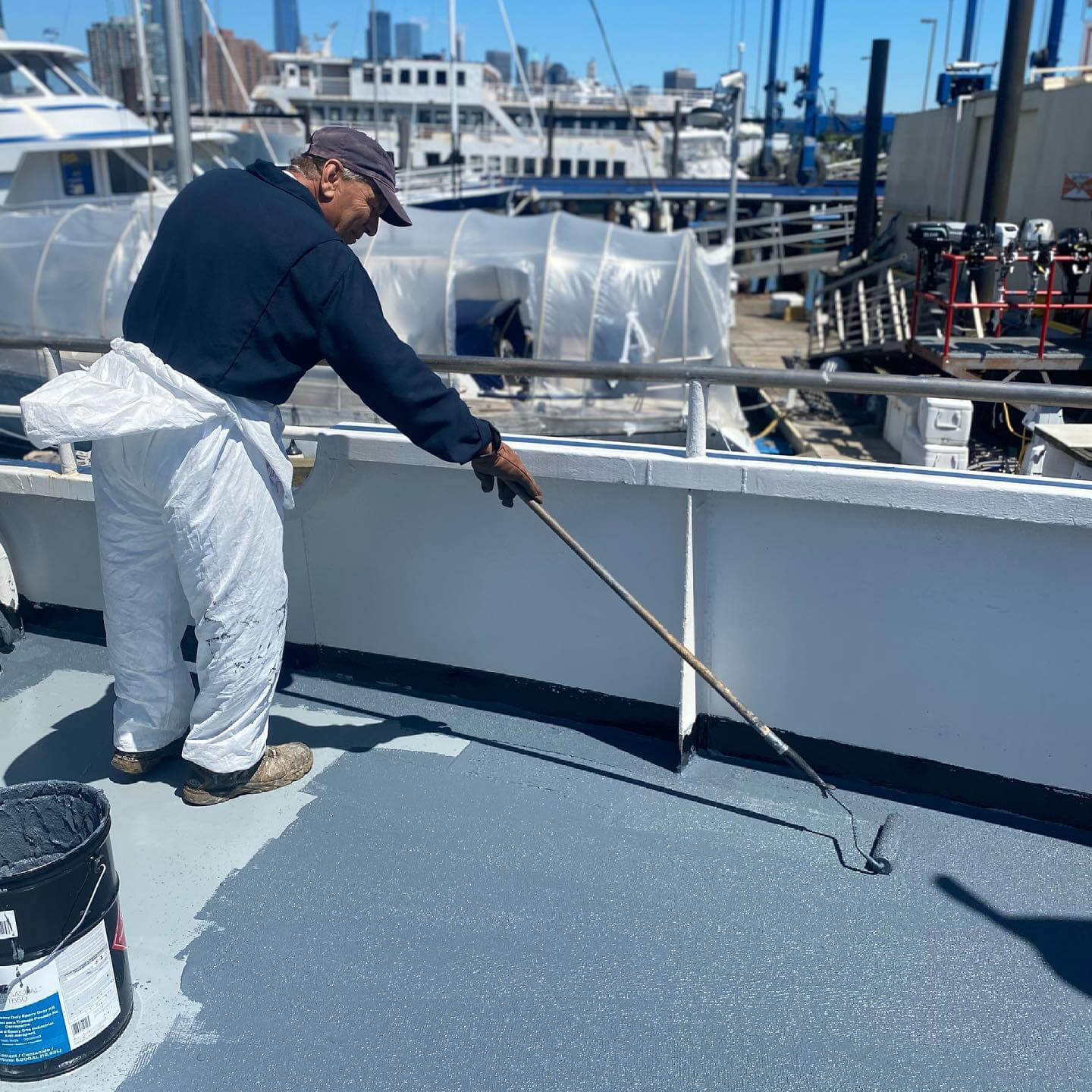
A fresh coat of paint can change any space, brighten it up, or simply give a fresh look. Painting an Industrial building may be different from that of a house; however, it is still a necessity. Whatever the cause of painting an Industrial building may be, all successful paint jobs have one common factor – the preparation that precedes even before the first coat is applied.
Ask any Industrial & industrial painting contractor in NJ, and they’ll all concur that the secret to quality post-paint results is how thoroughly the surface has been prepped. Thus, in this post, we delineate the top tips on properly preparing surfaces for painting in Industrial buildings.
1. Inspect the Area & Surfaces. A Industrial paint job is not a DIY project. Since you’ll be investing in professional services and preparing for downtime while the work is finished, ensure that the surfaces needing paint are in good condition. For example, paint is known to prevent mold and corrosion on most surfaces, but if the surface is damaged, painting over it without fixing the base would be a sheer waste of time and money. Hence, a thorough inspection of the walls (both interior and exterior) is required to check for signs of mold and mildew, rot, pest damage, fracturing, etc.
2. Repairs & Coverings. If the inspection yields any vulnerable points on the surfaces due for paint, they must be duly repaired before priming them. Cracks or bumps in the walls can be fixed with powder fillers, caulking, or a quick-dry solution that can double as a primer base. Alternatively, hardwood or timber surfaces should be flattened of any screws or nails, so there aren’t any visible paint clumps post the painting.
Once the surfaces are ready for priming, the surrounding surfaces and materials must be covered to protect them from paint splatters. So, tape-secure the windows, door hinges, faucets, and other hardware not included in the paint plan.
3. Cleaning or Power Washing. Irrespective of the condition of the surface due for painting, dry-brushing, or wiping the walls, doors, and other surfaces to clean them of any dirt or residue is a must. This helps prevent any bubbles or an unfinished surface once the coats are applied periodically.
For the exterior of the walls or the areas where mold growth or mildew has been detected, power washing is a great technique to employ pressurized water to wipe off the grime and clean the surface simultaneously.
Priming the Surface. Primer acts as paint adhesive and also acts as a barrier between moisture and the layers of paint, prolonging its life. Hence, priming all surfaces is necessary to ensure that the paint coats will be smooth to apply and results come out flawless. Your Industrial painting contractor will use different kinds of primer for wood, walls, and masonry features like brick, concrete, etc.
Painting surfaces in an Industrial building requires careful planning and an efficient team of professionals to prevent any hindrance to the businesses. Hence, hire a top-rated Industrial & industrial painting contractor in NJ to get the best paint job for your property!